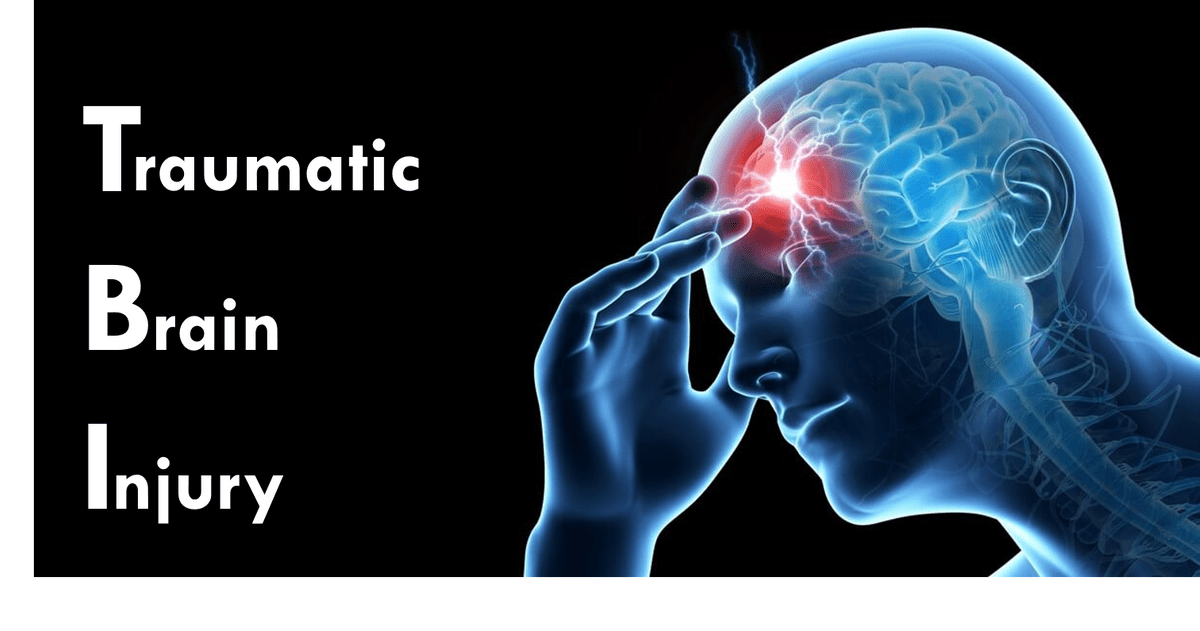


Looking after your brain health
Many people involved in playing rugby will have sustained a "knock" to the head at some point. It is only with recent high profile players such as England's Steve Thompson that we have begun to ask, what can we do to protect ourselves?
What is Brain Health?
Think of any part of your body other than the brain. A knock or bang can easily result in a bruise (damage to the blood vessels under the skin causing a small bleed). Your brain is made up of very delicate tissue and tiny blood vessels delivering nutrients and vital oxygen to this control centre for the rest of your body and is encased in a tough resistant shell (the skull).
When we receive a blow to the head either directly or indirectly, the brain bounces around in its shell and can easily bruise or sustain a small but significant bleed. The lower end of this damage to our brain we call concussion.
Concussion takes on many forms and can either have very mild (almost un-noticeable) symptoms to quite severe and dramatic symptoms including impaired judgment, memory loss and even loss of consciousness.

Because of the very fact that the brain is hidden from our view, it is often difficult to assess the effects of concussion and when it might be safe for a player to return to training and playing again without further exasperating the injury to their brain.
In order for the player, their physician, club physio or club coaching team to ensure that players are not brought back to training and playing too quickly, many Unions around the world have their own policies to manage the "Return to Play". At the very top of the professional game there are Doctors watching the games who are able to immediately stop play and remove a player from the field for a Head Injury Assessment. This is a process that must be approved within the competition.
Outside of the professional game teams and players are encouraged to follow a very broad policy of rest, recovery and return, but such a broad brush system will not always capture everybody with a brain injury and so a system that monitors your brain health on a regular basis (whether injured or not) together with advice and guidance on recovery is vital to anybody playing the game of rugby at any level and at any age.
Baseline Assessment
In order to set a standard (baseline) from which you and your clinicians can assess your brain health you will conduct the simple on line assessment which takes approx 15 minutes and can be done on any device. The results are easy to interpret and provides visual representations for your to check.
Continued Assessment
We recommend that everybody taking part in the CVS assessment completes the same assessment once every six months. These results will show your long term brain health as we age but also may indicate an incident and injury that we were not perhaps aware of at the time.
Post Injury Assessment
Should the unfortunate happen and you sustain a brain injury and or concussion, the clinical specialists at CVS together with Dr John Drozd have developed a number of strategies to aid your speedy recovery and an appropriate return to training and play.
After a specified period of rest following the injury, you should conduct the same assessment as before and compare the results to your previous and baseline scores. This data (which belongs to you and you may share with your personal physicians) is critical for ensuring that your recovery is not only speedy, but complete.
Getting Started
Please complete the form below so that we can send you a log in for the CVS platform together with instructions and advice on how to conduct the assessments and use your results.
This data is yours, it can only be accessed by you and only you can choose who to share it with.Want to Know More?
Take a look at the series of videos from Dr John Drozd where he explains in bite size pieces the process and how it will help you.
- Sign up for CVSPlease complete this form and we will be in touch

About Us
Our Mission
Our Team
Resources
links to pages
Contact Us
info@
© 2023 The Rugby Foundation


